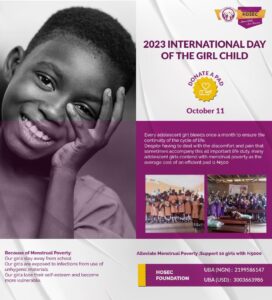The World Health Organisation has recommended a new vaccine, R21/Matrix-M, for the prevention of malaria in children.
The recommendation follows advice from the WHO Strategic Advisory Group of Experts on Immunisation and the Malaria Policy Advisory Group and was endorsed by the WHO Director-General, Dr Tedros Ghebreyesus, following its regular biannual meeting held on September 25 -29.

The global health body disclosed this on Monday, in a press statement.


In April, Nigeria became the second country to approve the R21 malaria vaccine, after Ghana.
The R21/Matrix-M malaria vaccine, developed by the University of Oxford and manufactured and scaled up by the Serum Institute of India, is only the second vaccine the world has seen for a disease that has caused untold suffering for millennia.
WHO also issued recommendations on the advice of SAGE for new vaccines for dengue and meningitis, along with immunisation schedules and product recommendations for COVID-19.
WHO also issued key immunisation programmatic recommendations on polio, Immunisation Agenda 2030, and recovering the immunisation programme.
The R21 vaccine is the second malaria vaccine recommended by WHO, following the RTS,S/AS01 vaccine, which received a WHO recommendation in 2021.
“Both vaccines are shown to be safe and effective in preventing malaria in children and, when implemented broadly, are expected to have high public health impact,” the statement read partly.
Malaria, a mosquito-borne disease, places a particularly high burden on children in the African Region, where nearly half a million children die from the disease each year.
WHO said the demand for malaria vaccines is unprecedented; however, available supply of RTS,S/AS01 vaccine is limited.
In response to the high demand for the first-ever malaria vaccine, 12 countries in Africa were in July allocated a total of 18 million doses of RTS,S/AS01 for the 2023–2025 period.
The allocations were made to Ghana, Kenya, Malawi, Benin, Burkina Faso, Burundi, Cameroon, the Democratic Republic of the Congo, Liberia, Niger, Sierra Leone and Uganda.





